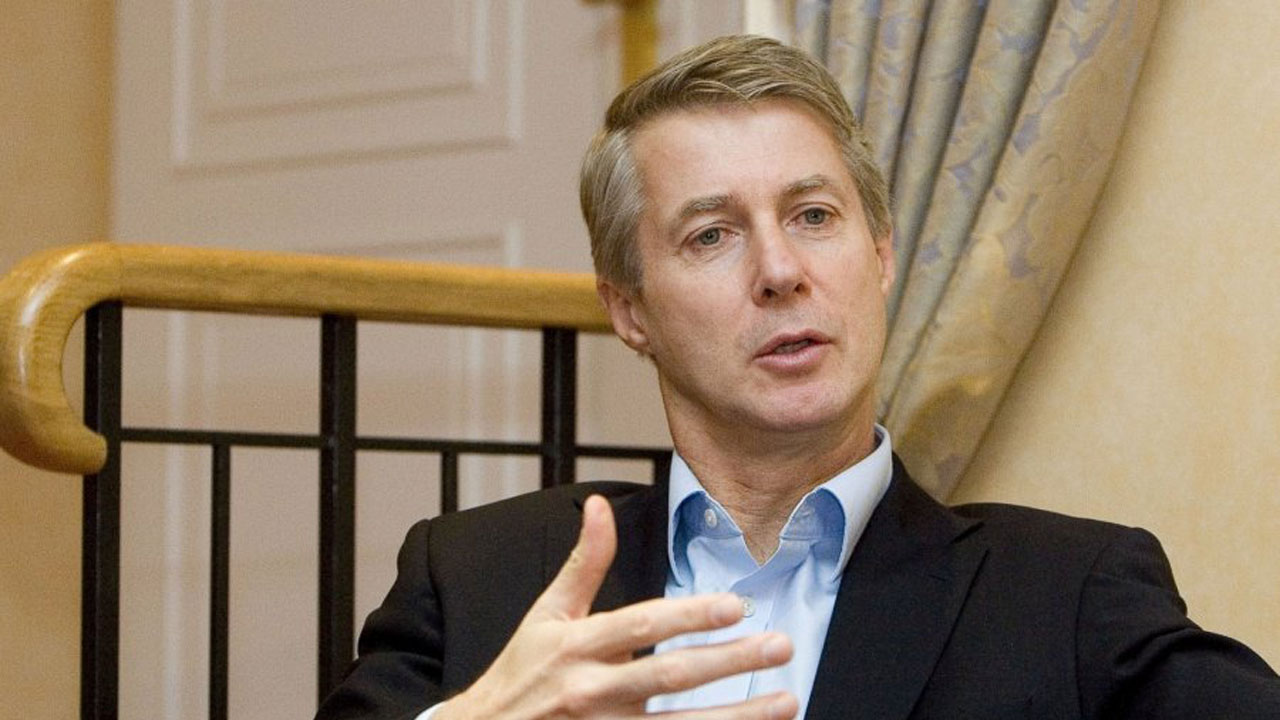
The number of mobile operators committed to rapid emissions cuts has increased by more than 50 per cent over the last year, according to the Global System for Mobile telecommunications Association (GSMA).
GSMA in its 2022 Mobile Net Zero Report revealed that 49 operators representing 62 per cent of the industry by revenue have now committed to rapidly cutting emissions over the next decade.
It pointed out that this represents an increase of 18 operators since 2020, despite the challenges of COVID-19, adding that 50 per cent of mobile network operators by revenue have now committed to net-zero targets by 2050 or earlier.
Despite double-digit growth in data traffic and the global expansion of 5G networks, the report showed that operators successfully limited increases in carbon emissions to two per cent on average in 2021. The telecoms body said investment in more energy-efficient network equipment and lower-carbon energy sources helped industry players limit their carbon impact, even as networks grew significantly to meet consumer demand.
GSMA, which represents the interests of mobile operators worldwide, uniting over 750 operators with near 400 companies in the broader mobile ecosystem, including Nigeria, observed that whilst further work is needed to reduce emissions to hit its net zero ambition for 2050, the mobile industry continues to make meaningful progress in successfully decoupling data traffic with electricity use and carbon emissions. It disclosed that data traffic was up 31 per cent last year, with electricity up five per cent, but associated carbon emissions only grew by two per cent.
To boost energy efficiency, the industry is increasingly turning to artificial intelligence, machine learning and virtualization to optimise power use in equipment, centralise network resources and avoid unnecessary heating or air-conditioning.
Harnessing operational efficiencies, operators are transitioning to more renewable electricity, with 18 per cent of total electricity consumption sourced from renewable sources during 2021, up from 14 per cent in 2020. Given the electricity demand to power mobile networks, the GSMA continued to call on governments to create suitable energy market frameworks for businesses to access renewable electricity at a competitive price.
GSMA’s Director-General, Mats Granryd, said, “We are proud that the mobile industry continues to align around the 1.5C decarbonization pathway, even in the face of double-digit growth in demand for mobile services. We have far more to do to achieve our net zero ambitions, but mobile will undeniably play an essential role in helping industries and individuals across the globe reduce their carbon impact.
“The connected solutions we underpin, such as remote working, IoT and automation, are key enablers in reducing travel, cutting emissions in other industries and transitioning to a lower carbon future. We also take our responsibilities seriously, with greater disclosure and strict targets to reduce our own emissions, as we show in our annual Mobile Net Zero report.”
According to the telecoms body, to better understand current emissions and reduce them, the mobile industry is driving for higher levels of climate disclosure. Of the industry, 66 per cent by connections and 82 per cent by revenue globally disclose their climate impacts.
GSMA claimed that mobile operators scoring a D or D- the previous year have improved their ratings to C, sometimes even leapfrogging to B.
It pointed out that supplier engagement continues to be crucial to achieving the industry’s decarbonisation goals.
“This year operators have engaged suppliers moving towards greater circularity, through the reuse and recycling of network equipment.
“The mobile sector has an important role to play to combat climate change. By fostering a twin digital and green transition, countries will be able to reap the benefits of further emission reductions across all sectors of the economy,” the body noted.



